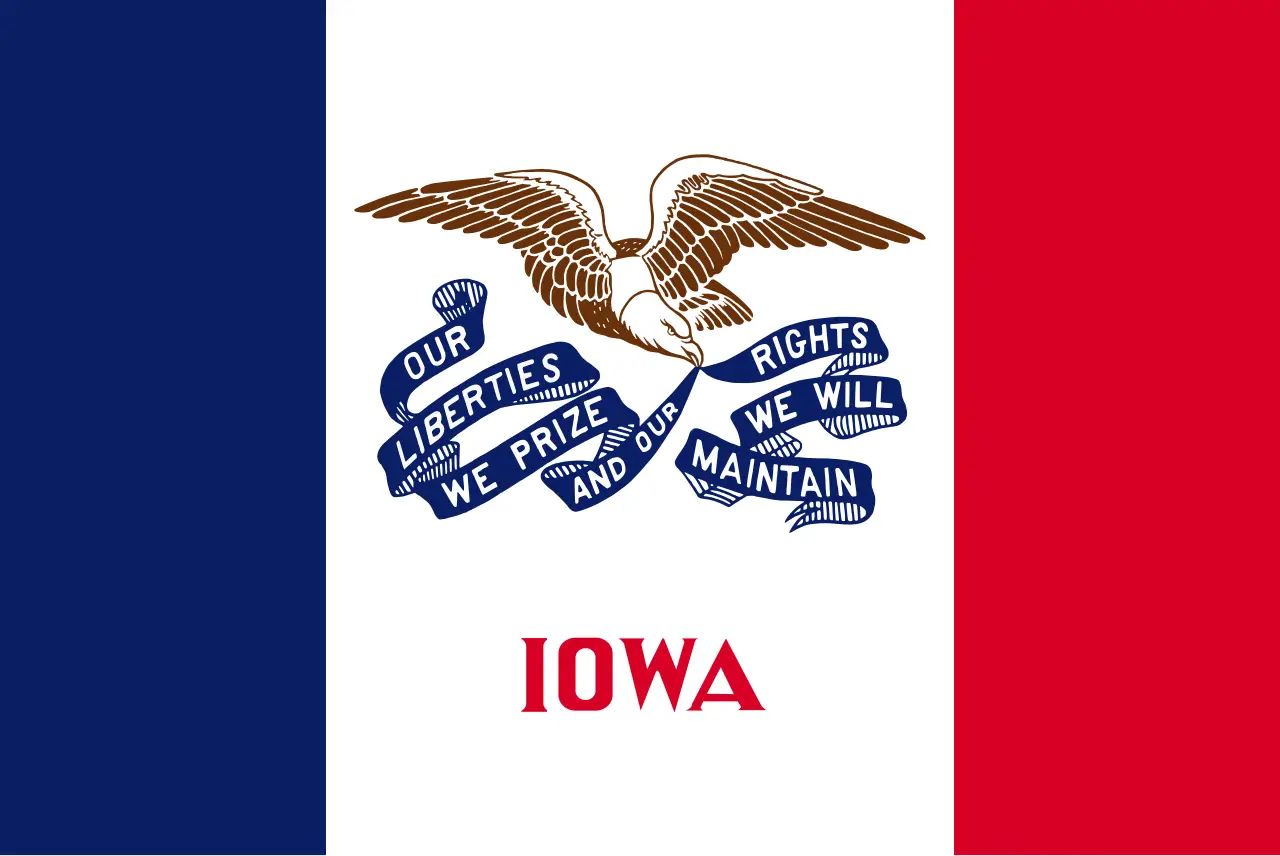Years after high-profile child abuse cases led to tragic deaths and multi-million-dollar settlements, Iowa child welfare advocates say the state is still failing to protect its most vulnerable children—and continues to restrict access to justice for survivors of sexual abuse, The Des Moines Register reported yesterday.
The recent case of David Woods, now serving a 100-year prison sentence for sexually abusing boys he adopted from Iowa’s foster care system, has reignited concern over systemic failures, despite state efforts to reform child protective services following earlier scandals.
Woods was allowed to adopt children even after the state had supposedly implemented reforms in response to deaths like that of 16-year-old Sabrina Ray, who died of starvation and abuse in 2017 at her adoptive parents’ home in Perry. A 2023 court settlement related to Ray’s case cost Iowa taxpayers $10 million and required the Department of Health and Human Services (DHHS) to form a task force to monitor reforms. But attorneys say the task force is no longer meeting and has shown no measurable progress.
In an email to Watchdog reporters, a DHHS spokesperson declined to answer specific questions about the Woods case or indicate whether new policies were enacted in response. The department cited confidentiality laws, stating only that its highest priority is keeping children safe.
Despite a 35% reduction in the number of children in Iowa’s foster care system since 2013, and improvements in CPS caseloads, advocates say deep flaws remain. One attorney representing survivors described the Woods case as “unfathomable” and criticized DHHS for placing an already-abused child with Woods’ parents. He and others argue that DHHS’s dual role as caretaker and investigator creates a conflict of interest—especially when abuse allegations surface while a child is already under state supervision. Advocates are calling for an independent child welfare monitor to ensure accountability and impartial investigation of new claims.
The barriers to justice in Iowa are particularly steep. The state does not recognize social worker malpractice in civil court, making it difficult for plaintiffs to sue over state negligence. Victims must often meet a high legal threshold, proving either recklessness or a constitutional violation to succeed in court. And Iowa’s civil statute of limitations for child sexual abuse—requiring most claims to be filed by age 19—is the strictest in the country. While the statute does allow claims based on the delayed discovery of trauma, victims must file suit within three years of making the connection between their abuse and resulting harm.
Advocates say these restrictions harm survivors and let predators escape accountability. According to RAINN (Rape, Abuse & Incest National Network), most child sexual abuse survivors do not come forward until they are well into adulthood—often past the point when Iowa law permits them to seek civil damages.
State Senator Janet Petersen has been one of the most vocal critics of Iowa’s approach to child protection and survivor justice. She argues that the statute of limitations bars many victims from the courtroom and shields institutions from scrutiny. Petersen pointed to the example of Iowa survivors in the Boy Scouts of America bankruptcy settlement, who stood to receive less compensation than survivors in other states due to Iowa’s restrictive statute. In 2024, the Legislature passed a temporary waiver allowing those survivors to collect full compensation, but it left the broader statute untouched. Petersen has introduced legislation to eliminate the civil statute of limitations for child sex abuse entirely, but it has failed to advance.
Additional barriers remain. A 2023 Iowa Supreme Court ruling requires survivors to face their alleged abusers in court, eliminating the option for minor victims to testify via video. Petersen warned this could discourage families from pursuing justice, particularly when survivors are very young. While Iowa Attorney General Brenna Bird has proposed a constitutional amendment to reverse that ruling, it won’t appear on the ballot until 2027 at the earliest.
Petersen also raised concerns about a little-known provision in Iowa law that limits abortion access for minors who become pregnant as a result of sexual abuse. Survivors must report the abuse to authorities within 45 days in order to qualify for an exception—unless the assailant is a relative, in which case they are given 20 weeks. “I’m uncertain of who lobbied for the incest exception and why that type of rape receives more rights under state law,” Petersen said.
Advocates say these policies—combined with the state’s reluctance to strengthen oversight of homeschooling and group homes—continue to place Iowa’s most vulnerable children at risk. For many survivors, the legal system remains out of reach, and the institutions tasked with protecting them still fall short.
Need Legal Help For You Or A Loved One Affected By Abuse?
If you or someone you love experienced sexual abuse while in the custody of a state or county institution—such as a juvenile detention center, foster care system, or residential facility—you are not alone, and you may have legal options. Visit our Institutional Sexual Abuse Resource Page to learn more about your rights, recent legal developments, and how to connect with a compassionate attorney who can help you pursue compensation.
You may also fill out the brief, confidential form below to see if your case qualifies for legal representation. There is no obligation or commitment.




